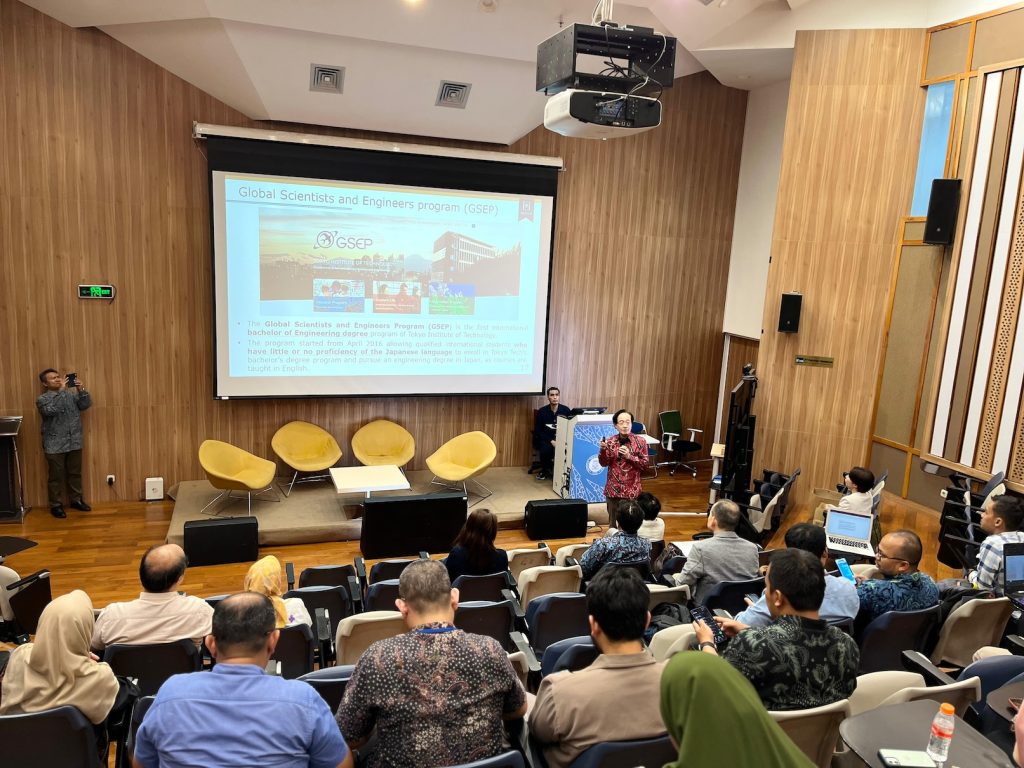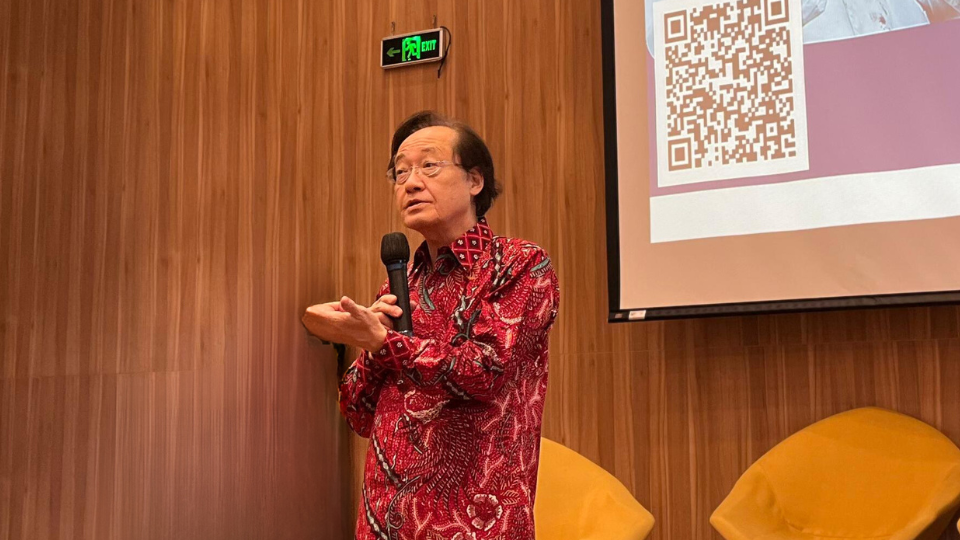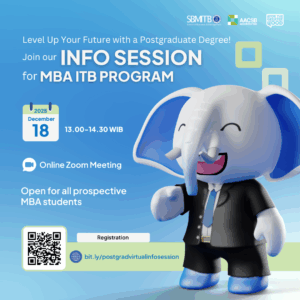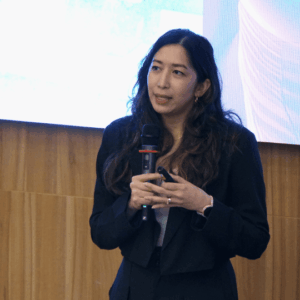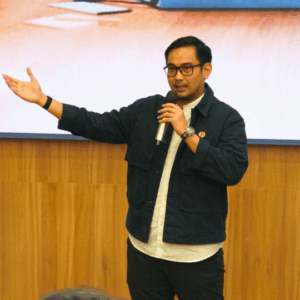Indonesia has become a significant part of the Tokyo Institute of Technology (Tokyo Tech), a prestigious national research university in Greater Tokyo, Japan. This connection was highlighted during an alumni meeting organized by Tokyo Tech at the Auditorium of the SBM ITB (16/8). The event brought together alumni from all departments and various Tokyo Tech-ITB collaboration program cohorts up to the 2020 batch.
Professor Kazuya Masu, President of the Tokyo Institute of Technology, inaugurated the meeting by discussing the future of higher education in science and technology.
“We renew our research focus every two years,” Kazuya emphasized, highlighting the need for continuous adaptation.
The institute focuses on three primary areas: new-generation materials, integrated energy science, and digital society systems. Tokyo Tech aims to collaborate on joint research with ITB, particularly in developing digital society devices and systems.
In addition to these priority research areas, Tokyo Tech has identified three strategic research areas designed to address future societal needs: holistic life sciences, sustainable social infrastructure, and cyber-physical and social systems. These strategic areas align with SBM ITB’s focus on sustainability.
As a leading technology institute, Tokyo Tech recognizes the importance of investing in cutting-edge technology. In 2024, Tokyo Tech inaugurated the TSUBAME 4.0 supercomputer.
Operated and managed by the Global Scientific Information and Computing Center (GSIC) at Tokyo Tech, TSUBAME 4.0 boasts a theoretical calculation performance of 952 PFlops, making it one of the largest supercomputers in Japan.
Gender balance is another key focus for Tokyo Tech’s future. The institute has established a women-only recruitment program in a traditionally male-dominated field to ensure that diverse perspectives contribute to its growth. Additionally, starting in October 2024, Tokyo Tech will merge with Tokyo Medical and Dental University (TMDU) to form the Institute of Science Tokyo.
Professor Masu concluded the session by reaffirming Tokyo Tech’s commitment to international students and announcing that the new institute will offer more English-language programs.
“We will refer to it [the institute’s name] only by its English abbreviation, not its Japanese abbreviation,” he stated, emphasizing the importance of international recognition.
